May 25, 2025 | 10:57 GMT +7
May 25, 2025 | 10:57 GMT +7
Hotline: 0913.378.918
May 25, 2025 | 10:57 GMT +7
Hotline: 0913.378.918
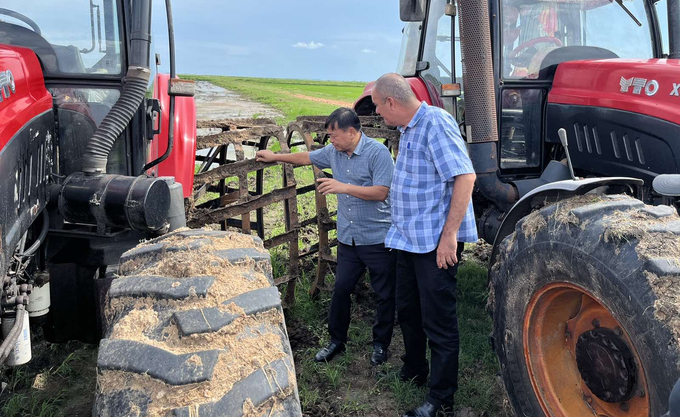
Deputy Minister Nguyen Hoang Hiep surveyed the agricultural production situation during his visit to Cuba in late September 2024. Photo: ICD.
Witnessing Deputy Minister of Agriculture and Rural Development Nguyen Hoang Hiep and Cuban Minister of Agriculture Ydael Perez Brito sign a cooperation agreement in the agricultural sector was a moment of joy for Nguyen Van Quang, Chairman of Fujinuco Group. Years of effort to establish ties with Cuba were finally paying off.
Despite its population of about 11 million, Cuba is not yet self-sufficient in food. It is estimated that the island nation needs an average of 650,000 tons of rice annually, but it currently produces only around 300,000 tons, which is less than half of its needs. One of the key reasons for this shortfall is a lack of raw materials and infrastructure.
Even cultivation, a sector where Cuba has traditionally been strong, still faces many challenges. It's no surprise then that the livestock industry remains relatively "unstable." Only recently has the Cuban government lifted restrictions on cattle slaughter and the sale of beef and milk, enabling farmers to scale up livestock production.
However, like agriculture, Cuba's livestock industry is hindered by a shortage of essential inputs. In the context of the ongoing U.S. embargo, foreign investors remain cautious about putting capital into the Caribbean island.
"This is when they need me the most," Mr. Quang reflected. Despite uncertainties about the market and the challenges posed by the animal feed sector, the Fujinuco CEO made up his mind over two years ago to "give it a try" in this sugar-rich nation.
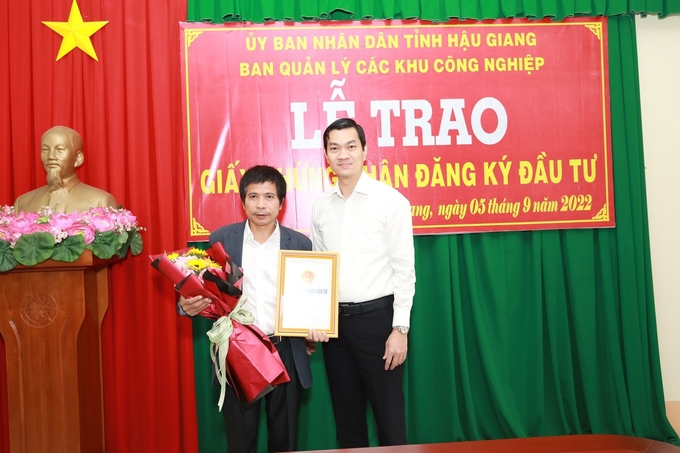
Mr. Nguyen Van Quang (left) received the investment registration certificate in Hau Giang in 2022. Photo: Bao Thang.
Despite being mentally prepared, Mr. Quang still felt a sense of unfamiliarity when first engaging with Cuba. The livestock industry there is predominantly household-based, with a severe shortage of veterinary staff and agricultural extension officers at all levels. Particularly, livestock farming, including pigs and poultry, has not yet regained the growth momentum seen in the 1960s. According to the Havana Times, Cuba currently has about 1 million horses and 3.5 million buffaloes and cattle, a decline of approximately 25% from its peak. Moreover, the availability of feed for the livestock population (even after this reduction) remains unstable.
However, the Fujinuco founder was struck by Cuba’s commitment to "self-reliance." During his survey, Mr. Quang observed that the country strongly promotes domestic animal feed production. Additionally, Cuba’s agricultural land is not overly exploited, and the quality of native livestock breeds - such as cattle and pigs - is excellent. With the right market approach and by earning the trust of local farmers, the potential for success in Cuba seemed promising.
In comparison to the Vietnamese market, which currently boasts around 500-600 animal feed factories, Cuba, at the time of Mr. Quang’s survey, had no large-scale factories of its own. With a population roughly one-tenth that of Vietnam, reaching a target of 1 million tons of animal feed annually in Cuba appeared achievable.
True to his philosophy of turning thoughts into actions, and with the introduction, consultation, and support of the Ministry of Agriculture and Rural Development, the Vietnamese Embassy in Cuba, and other relevant organizations and individuals, Fujinuco successfully built a factory in Cuba by the end of 2022. Located in the Vimariel Industrial Park, part of the Mariel Special Development Zone, this project came with a total investment of 20 million USD.
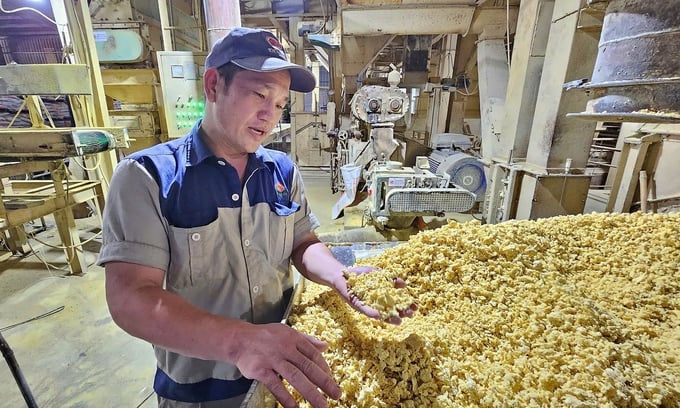
Fujinuco's input materials are carefully inspected. Photo: Bao Thang.
By late July, Fujinuco, in partnership with EcoVet Company, successfully exported a batch of supplementary animal feed (premix) to Cuba. Through AGRI VMA Company - a member of Fujinuco - Vietnamese-branded animal feed products are set to gradually dominate the market in this Central American nation.
Explaining the decision to export premix, Mr. Quang noted that Cuba has a significant demand for this essential material. Premix, considered a vitamin for livestock, quickly supplements nutrition and boosts the immunity of cattle, pigs, and poultry. It also helps address some of the technical shortcomings in household-scale livestock farming.
"Breaking into and establishing a foothold in a market like Cuba will undoubtedly be challenging, but we have the advantage of being pioneers. If we can win over the livestock farmers, the Fujinuco brand will surely grow sustainably," Mr. Quang shared.
Cuba is just one of the international markets where Fujinuco has invested, and it's not the first time Mr. Nguyen Van Quang has dared to think big and take bold action.
In 2019, when developing a factory in Central Vietnam, Mr. Quang set out alone with just a backpack to explore potential locations. Asking questions wherever he went, whenever he found an area suitable for building a factory - with a relatively complete transportation network and close proximity to concentrated livestock farming zones—he would investigate further. This went on for months. Sometimes he would speak with local farmers; other times he would discuss animal feed import and export policies with relevant authorities.
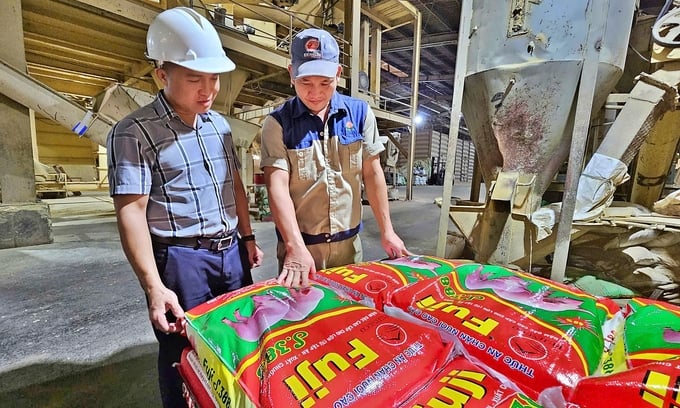
Fujinuco staff inspecting products at the factory in Hung Yen Province. Photo: Bao Thang.
"I just persevered, driven by my belief and a burning desire to start a business. If others could do it, I could learn from them," he recalled. Once he understood the needs of the people, and with their support for a Vietnamese brand, he and his colleagues established the company's second livestock feed factory in Quy Nhon City, Binh Dinh Province, with a production capacity of 15,000 tons per month. That same year, Fujinuco acquired a third factory in Cam Giang District, Hai Duong Province, allowing the company to expand production even further.
What sets the company apart is its application of genetic biotechnology to produce functional peptides through high-tech factories, creating products with the highest feed conversion rates. Well-received by consumers, Fujinuco is now launching its sixth factory, along with a trading company in Cambodia.
In addition, the leadership and staff of Fujinuco have always been persistent and confident in their chosen goals. Reflecting on the journey to conquer the Central market five years ago, Mr. Quang recalled how the company lost about 12 billion VND in the first year. However, he convinced everyone that it wasn't a "loss," but rather a marketing expense. By personally researching the market, instead of involving the entire board and system, he saved the company a significant amount.
"I discovered that in the Central region, while there are many large animal feed companies, no domestic enterprises are focused on serving small-scale livestock farmers. So, we had to choose the right approach. If we went in too big, people might be hesitant," Mr. Quang explained.
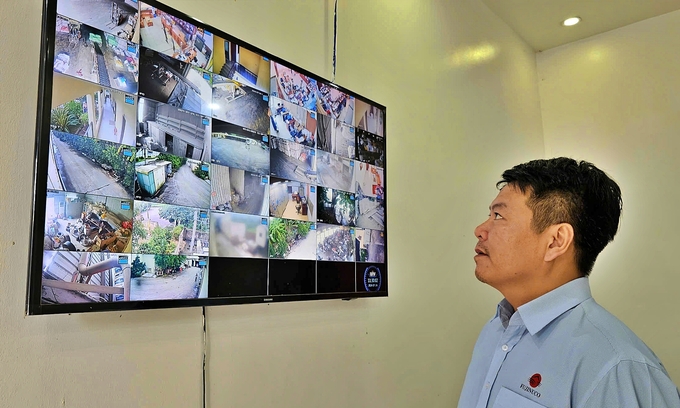
Fujinuco’s entire production process is monitored by cameras. Photo: Bao Thang.
It is this spirit of "no hesitation" in exploring new markets that has allowed Fujinuco to expand into Cambodia and now Cuba. The company's leaders recognize that Cuba is an exceptionally unique market. Besides the significant development potential, it is also a place where many Vietnamese people have deep emotional ties - a great friend to the nation.
Therefore, alongside business development, Fujinuco also plans to support the Cuban livestock industry by providing technological advancements and investing in human resources to ensure the country's sustainable development.
Translated by Quynh Chi
![Advanced mariculture – an inevitable trend: [1] Moving offshore](https://t.ex-cdn.com/nongnghiepmoitruong.vn/608w/files/phucpm/2025/05/18/0252-2436-nuoi-bien-6-162148_783.jpg)
(VAN) Mariculture using advanced technology and moving offshore is an inevitable trend, as nearshore areas increasingly reveal limitations.
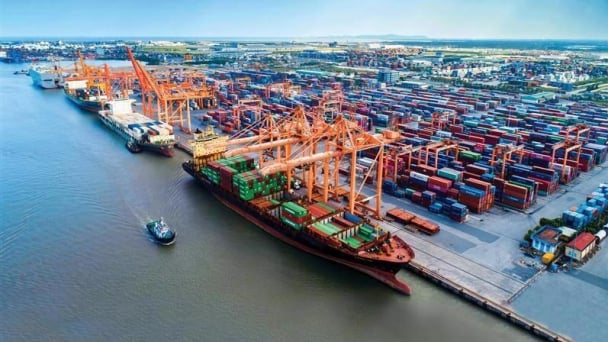
(VAN) South Korea is currently the second-largest investor in Hai Phong in terms of the number of projects (186 projects) and the largest in terms of total registered investment capital, reaching USD 14.2 billion.
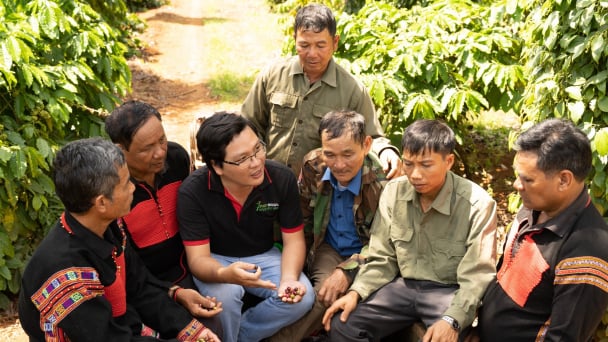
(VAN) As consumers become more environmentally conscious, legal regulations grow increasingly stringent...
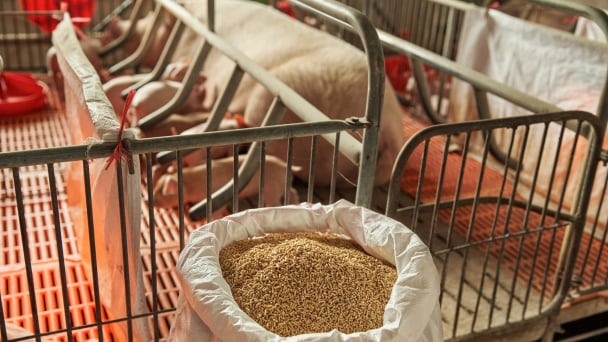
(VAN) CJ Feed&Care officially launched the FCR improvement campaign called “2025 Find Challenge Reach” in April 2025. In Vietnam, this campaign is implemented by CJ Vina Agri.
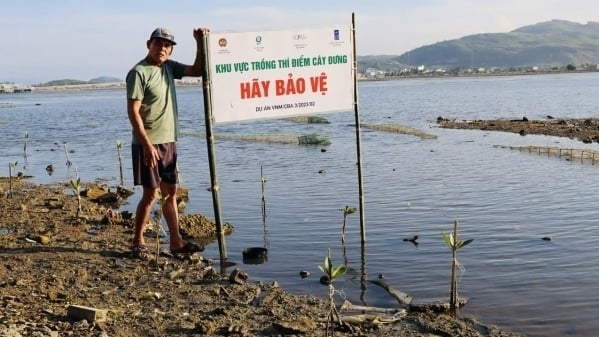
(VAN) The swamp in Pho Thanh is gradually being covered with red mangrove, creating a favorable environment for producing clean, high-quality salt.
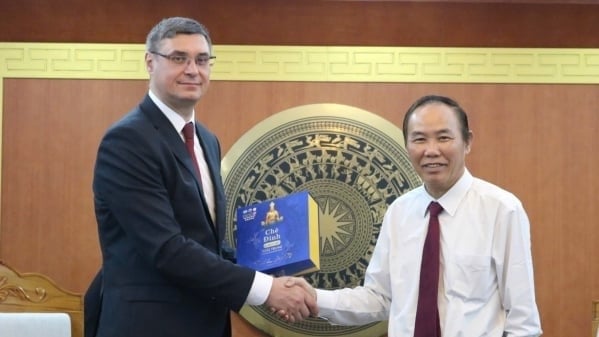
(VAN) The trade turnover of agro-forestry-fishery products is growing significantly, along with investment cooperation commitments that are opening up new development directions between Vietnam and Russia.

(VAN) Khanh Hoa is investing over 545 billion VND to develop 240 hectares of high-tech marine aquaculture in order to guarantee a consistent supply of seafood exports and achieve the USD 1 billion target.